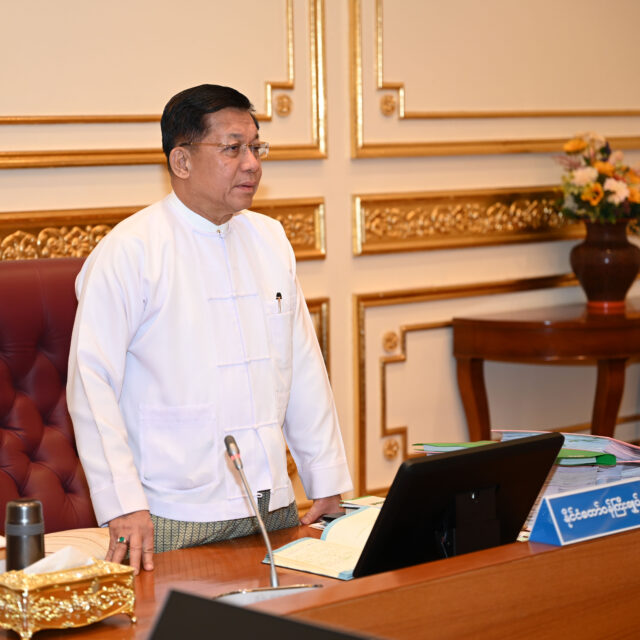The education sector is top among other sectors for the development of the nation. The development gap between poor and rich countries depends on the education sector. Indeed, education controls the living standard of the people and the development standard of the nation.
Harmonization between short-term and long-term reform processes in the education sector brings remarkable results for all. Some derailment of such a sector can reflect the image of the country. The leaders of the State with farsightedness strive for improvement of the education sector because the politics and future leaders come out of the classrooms.
The number of educated citizens is the reliable strength of the nation in improving all other sectors so as to be wealthy. As such, the poor countries prioritize the development of human resources based on educating citizens about the living standard of the people as well as upgrading the nation.
If a country cannot escape from the poor, it will possess less-educated citizens. Consequently, these fewer educated citizens are unable to upgrade their country. That is why generations to generation will face degradation of the living standards for many years. How terrible it is!
The UNESCO stated that the higher dropout rate of teenage people from the schools would be an index to decline in the living standard of the people, and it would not help the world poverty rate resurge. Hence, all need to make all-out efforts to the improvement of the education sector without fail.
Lesser chance to pursue education is a barrier to booming the economy. If the education sector does not have progress, no one can successfully reduce poverty. Hence, not only Myanmar but all the global countries need to implement the reform process in the education sector.
According to the statistics of UNESCO, universities of education in Myanmar turn out 2.3 per cent of all graduates for employment in primary, middle and high schools. Meanwhile, the Philippines produces 13 per cent of graduates, Malaysia 13 per cent, Japan 7.2 per cent, the US 9.5 per cent, the Netherlands 12.4 per cent, Austria 16 per cent, Viet Nam 22.6 per cent and Laos 25.2 per cent.
Myanmar needs to implement important educational reforms as quickly as possible and stop the endless trials for education. In so doing, it is important to adopt the proper policies for the education sector to implement the best short-term and long-term education plans for future generations.
Myanmar needs to implement important educational reforms as quickly as possible and stop the endless trials for education. In so doing, it is important to adopt the proper policies for the education sector to implement the best short-term and long-term education plans for future generations.














